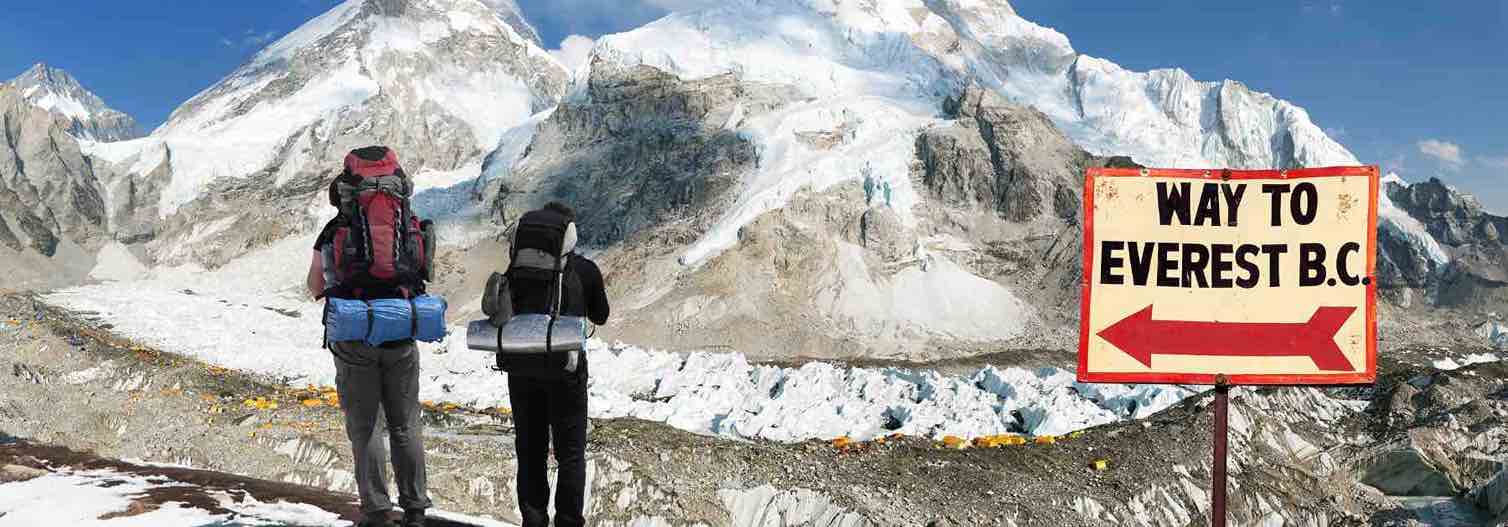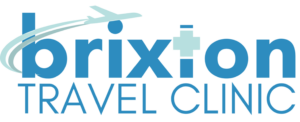At Brixton Travel Clinic, we’re here to help you prepare for high-altitude adventures, whether you’re trekking in Nepal, skiing in the Alps, or exploring the Andes. Altitude sickness, also known as acute mountain sickness (AMS), can affect anyone ascending to high altitudes too quickly. While natural remedies are often discussed as an option, the effectiveness of these approaches is limited compared to over-the-counter (OTC) and prescription altitude sickness medication. Here, we’ll explore the role of natural alternatives, how they compare to OTC solutions, and when prescription medication might be necessary.
Understanding Altitude Sickness
Altitude sickness occurs when your body struggles to adapt to lower oxygen levels at high altitudes, usually above 2,500 metres. Common symptoms include headaches, nausea, dizziness, shortness of breath, and fatigue. If left unmanaged, it can progress to serious conditions like high-altitude pulmonary oedema (HAPE) or high-altitude cerebral oedema (HACE).
Preventing altitude sickness involves proper acclimatisation, staying hydrated, and sometimes using medication. Let’s look at natural options and how they stack up against medical treatments.
Popular Natural Remedies for Altitude Sickness
Several natural remedies are often suggested for preventing or managing altitude sickness. While these may provide some comfort, their effectiveness is generally inconsistent:
1. Ginkgo Biloba
Ginkgo biloba is believed to improve circulation and oxygen delivery, potentially easing altitude sickness symptoms. Some studies have shown modest benefits, but others found no significant effect. Ginkgo may offer limited support but should not replace proven medical options.
2. Coca Leaves
Traditionally used in South America, coca leaves or coca tea are thought to stimulate breathing and reduce symptoms. While they may help alleviate mild discomfort, they are region-specific and not widely accessible outside these areas.

3. Ginger
Ginger is a natural remedy for nausea and may provide relief for altitude sickness-related queasiness. However, it does not address the root cause of altitude sickness, which is reduced oxygen levels.
4. Hydration and Diet
Staying hydrated and eating carbohydrate-rich meals can help your body adjust to high altitudes. These practices are essential for acclimatisation but are not a substitute for medication if symptoms worsen.
Over-the-Counter Medication for Altitude Sickness
For mild to moderate altitude sickness, OTC medications can be an effective and accessible solution:
1. Pain Relievers
Ibuprofen or paracetamol can help alleviate headaches caused by altitude sickness. These medications target specific symptoms but do not prevent or treat the condition’s underlying cause.
2. Antiemetics
Over-the-counter anti-nausea medications, such as those containing meclizine, can relieve nausea and dizziness. These can be useful for travellers who experience mild symptoms but are not effective as a preventative measure.
3. Caffeine-Based Remedies
Caffeine can provide a temporary energy boost and may help with mild fatigue. However, it’s essential to use it in moderation, as excessive caffeine can dehydrate the body, potentially worsening symptoms.
OTC options are best suited for managing symptoms as they arise but are less effective for preventing altitude sickness entirely.
When to Consider Prescription Medication
For travellers venturing to extreme altitudes or ascending rapidly, prescription altitude sickness medication like acetazolamide (Diamox) can be highly effective. Acetazolamide helps your body acclimatise faster by encouraging deeper breathing, reducing the risk of developing severe symptoms.
In cases of severe altitude sickness or complications like HAPE or HACE, other prescription medications, such as dexamethasone or nifedipine, may be required. These medications are lifesaving but should only be used under medical supervision. At Brixton Travel Clinic, we can help you understand your needs and access the right medication for your trip.
We can also support you when it comes to creating the perfect travel first aid kit for your journey, or administering the right vaccines for your destination.

Combining Remedies for Best Results
The best approach to managing altitude sickness often involves a combination of strategies:
1. Start with Prevention: Gradual acclimatisation is key. If possible, plan your ascent to allow your body time to adjust to higher altitudes.
2. Use OTC Solutions for Symptoms: Carry pain relievers and anti-nausea medications to manage mild symptoms.
3. Incorporate Natural Practices: Stay hydrated, eat well, and consider remedies like ginger for nausea or coca tea if available locally.
4. Add Prescription Medication If Needed: For high-risk trips, consult a healthcare provider about using acetazolamide or other prescription options.
This balanced approach allows you to address symptoms effectively while reducing the risk of severe complications.
Why Preparation Matters
Altitude sickness can affect anyone, regardless of fitness level or previous travel experience. While natural remedies and OTC medications can help manage symptoms, they are not always enough to prevent or treat altitude sickness. Ensuring you’re well-prepared with a combination of strategies, including the possibility of prescription medication, can make the difference between an enjoyable trip and a health emergency.
How Brixton Travel Clinic Can Help
At Brixton Travel Clinic, we specialise in preparing travellers for high-altitude adventures. Our team can provide personalised advice based on your destination, itinerary, and medical history. We stock a range of OTC medications and can discuss whether prescription altitude sickness medication is appropriate for your trip.
Don’t leave your health to chance – contact us today to book a consultation.

With the right preparation, you can focus on enjoying your adventure while staying safe and healthy.
This blog was written on behalf of Brixton Travel Clinic by Pharmacy Mentor.
